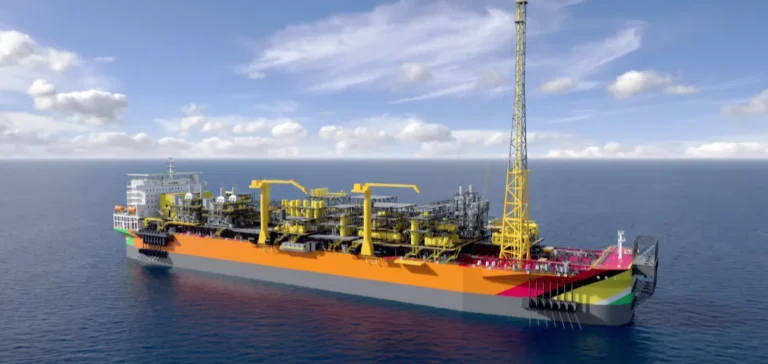ExxonMobil reported lower results in the third quarter, marked by a decline in both revenue and profits amid sustained weakness in oil prices. The group’s revenue fell by 5.25% year-on-year to $85.29bn, while net profit dropped by 12.33% to $7.54bn. These figures came in below analysts’ expectations, according to data from financial information provider FactSet.
Margin pressure and lower volumes
The drop in crude oil prices—down more than $10 per barrel over the year—was exacerbated by an oversupplied market, following increased production quotas by the Organization of the Petroleum Exporting Countries and its allies (OPEC+). This environment weighed on ExxonMobil’s performance, as did shrinking margins in its refining and chemical segments. The group also faced higher charges, asset impairments, and a decrease in volumes following strategic divestments.
Project developments despite market headwinds
ExxonMobil highlighted progress in its production projects in Guyana and the United States. The Yellowtail production unit off the coast of Guyana began operations four months ahead of schedule and under budget, contributing to record output. Similar performance was reported in the Permian Basin, straddling Texas and New Mexico.
Cost reductions and shareholder returns
Since 2019, the company has reduced structural costs by over $14bn, including $2.2bn in 2025 alone, with a target of exceeding $18bn by 2030. During the past quarter, ExxonMobil returned $9.4bn to shareholders, including $4.2bn in dividends and $5.1bn through a share buyback programme.
Renewed focus on Mozambique amid stabilised security
ExxonMobil Chief Executive Officer Darren Woods confirmed the group’s growing interest in its Mozambique operations. During a call with analysts, he referred to a “very productive session” following the visit of Mozambican President Daniel Chapo to the company’s headquarters. Woods stated that project preparations were progressing in a “greatly improved” security environment, echoing the recent restart of a rival project led by TotalEnergies.






















